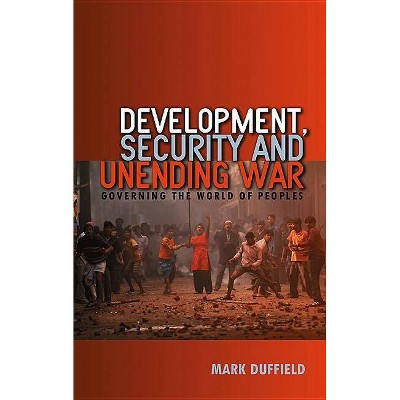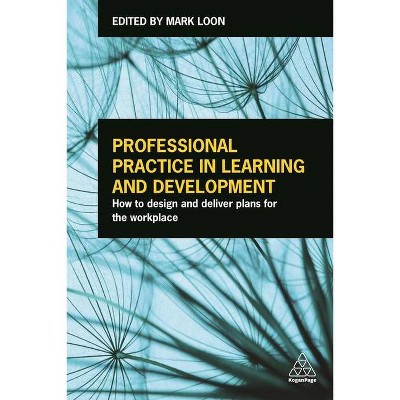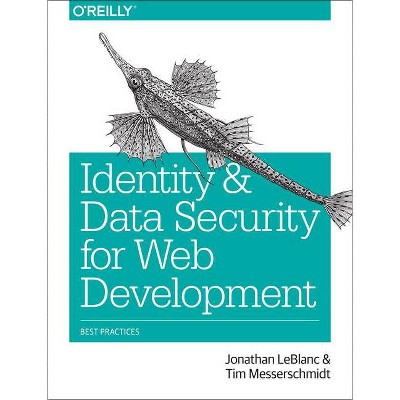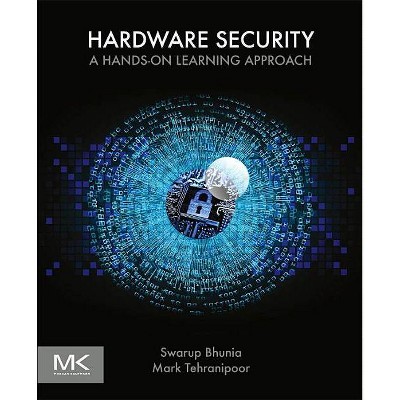Development, Security and Unending War - by Mark Duffield (Paperback)

Similar Products
Products of same category from the store
AllProduct info
<p/><br></br><p><b> About the Book </b></p></br></br>This path-breaking book argues that development is not a way of bettering other people but of governing them. With examples drawn from Mozambique, Ethiopia and Afghanistan, the book analyses the NGO movement, humanitarian intervention, sustainable development, human security, fragile states, migration and the place of racism within development.<p/><br></br><p><b> Book Synopsis </b></p></br></br>According to politicians, we now live in a radically interconnected world. Unless there is international stability - even in the most distant places - the West's way of life is threatened. In meeting this global danger, reducing poverty and developing the unstable regions of the world are now imperative. In what has become a truism of the post-Cold War period, security without development is questionable, while development without security is impossible. <br /> <br /> <br /> In this accessible and path-breaking book, Mark Duffield questions this conventional wisdom and lays bare development not as a way of bettering other people but of governing them. He offers a profound critique of the new wave of Western humanitarian and peace interventionism, arguing that rather than bridging the lifechance divide between development and underdevelopment, it maintains and polices it. As part of the defence of an insatiable mass consumer society, those living beyond its borders must be content with self-reliance. <br /> <br /> <br /> With case studies drawn from Mozambique, Ethiopia and Afghanistan, the book provides a critical and historically informed analysis of the NGO movement, humanitarian intervention, sustainable development, human security, coherence, fragile states, migration and the place of racism within development. It is a must-read for all students and scholars of development, humanitarian intervention and security studies as well as anyone concerned with our present predicament.<p/><br></br><p><b> From the Back Cover </b></p></br></br>According to politicians, we now live in a radically interconnected world. Unless there is international stability <b>-</b> even in the most distant places <b>-</b> the West's way of life is threatened. In meeting this global danger, reducing poverty and developing the unstable regions of the world are now imperative. In what has become a truism of the post-Cold War period, security without development is questionable, while development without security is impossible. <br /> <p>In this accessible and path-breaking book, Mark Duffield questions this conventional wisdom and lays bare development not as a way of bettering other people but of governing them. He offers a profound critique of the new wave of Western humanitarian and peace interventionism, arguing that rather than bridging the lifechance divide between development and underdevelopment, it maintains and polices it. As part of the defence of an insatiable mass consumer society, those living beyond its borders must be content with self-reliance.<br /> </p> <p>With case studies drawn from Mozambique, Ethiopia and Afghanistan, the book provides a critical and historically informed analysis of the NGO movement, humanitarian intervention, sustainable development, human security, coherence, fragile states, migration and the place of racism within development. It is a must-read for all students and scholars of development, humanitarian intervention and security studies as well as anyone concerned with our present predicament.</p><p/><br></br><p><b> Review Quotes </b></p></br></br><br>This book should certainly appear on reading lists as an important counterpoint to more optimistic liberal internationalist and cosmopolitan approaches. <br /> <b><i>Times Higher Education</i></b> <p>Duffield's book turns the liberal vision of the world upside down.<br /> <b><i>Survival</i></b></p> <p>A very thought-provoking and insightful work which is warmly recommended to everybody with an engagement or interest in development policies.<br /> <b><i>Economics of Peace and Security Journal</i></b></p> <p>Mark Duffield has written a brilliant book which draws together the strings of the end of the Cold War, the securitization of politics, the development of a neo-liberal discourse of humanitarian intervention, and the fusion of the national and the international. Particularly compelling is his contrarian view of the consequences of the liberation of the UN from the shackles of the Cold War.<br /> <b>Janice Stein, <i>University of Toronto</i></b></p> <p>Once again, Mark Duffield has gone beyond the platitudes of 'development speak', 'security speak' and 'humanitarian speak'. The book is crammed with insights and with challenges to received wisdom.<br /> <b>David Keen, <i>London School of Economics and Political Science</i></b></p> <p>Humanitarian and development aid and actors as counterinsurgency: in this carefully documented but devastating analysis of the people-centred technology of security for the West since the mid-1990s and its historical context, Duffield provides both practitioners and scholars with an interpretive framework for the new North?South division and consequences of liberal internationalism that is original and challenging and which demands serious debate.<br /> <b>Susan L. Woodward, <i>City University of New York</i></b></p><br><p/><br></br><p><b> About the Author </b></p></br></br><b>Mark Duffield </b>is Professor of Development Politics at the University of Bristol.
Price History
Price Archive shows prices from various stores, lets you see history and find the cheapest. There is no actual sale on the website. For all support, inquiry and suggestion messagescommunication@pricearchive.us




















